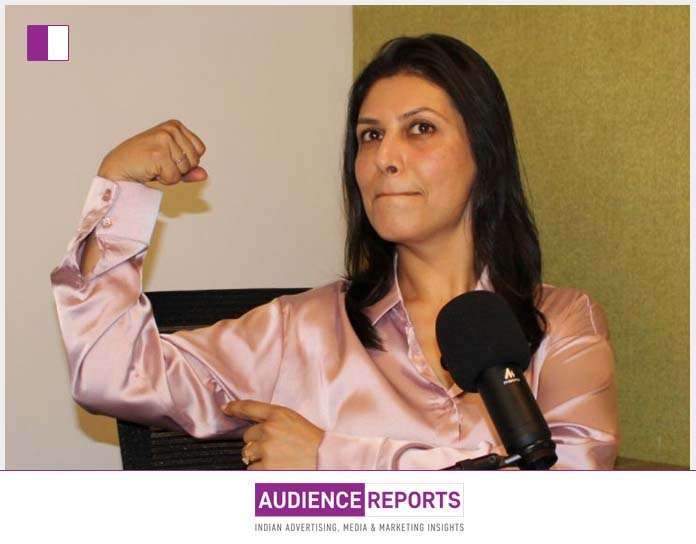Sandra Colhando, the Co-Founder of TransforMe, recently shared a thought-provoking post on LinkedIn that delves into the implications of artificial intelligence (AI) on the job market. Her insights are not only timely but also vital for anyone looking to navigate the rapidly changing landscape of work. Sandra Colhando’s reflections provide a balanced view of the potential challenges and opportunities that AI brings, urging us to prepare proactively for the future.
Sandra Colhando begins her post by addressing a common concern: “What should I do to save my job with the rise of AI?” This question, resonant with many professionals, sets the stage for a deeper exploration into how AI will reshape our work environment. Sandra Colhando points to a prediction by the OECD that 28% of jobs are at high risk of automation, highlighting the urgency of understanding AI’s impact.
Sandra Colhando’s approach to this challenge is proactive and inquisitive. She shares that she spends three times a week experimenting with AI to comprehend its potential effects. This hands-on exploration has led her to formulate five key predictions about the future of work in an AI-driven world.
Firstly, Sandra Colhando predicts that AI will make work easier by handling monotonous tasks. This will free up human workers to engage in more creative and high-value activities. The notion that machines can take over repetitive work is not new, but Sandra Colhando’s emphasis on the resulting shift towards creativity underscores a significant transformation in job roles.
Secondly, Sandra Colhando believes that AI will create more jobs than it eliminates. While certain positions may become obsolete, new roles will emerge that we can’t even imagine today. This optimistic view is a reminder that technological advancements often pave the way for unforeseen opportunities. Sandra Colhando’s confidence in the creation of new jobs highlights the dynamic nature of the labor market.
Thirdly, Sandra Colhando points out that AI will require human involvement for training and interpretation. AI systems depend on human input to learn and improve, ensuring that jobs related to AI training and data interpretation will grow. Sandra Colhando’s insight here is crucial, as it emphasizes the symbiotic relationship between humans and AI, rather than a scenario where machines completely replace people.
Fourthly, Sandra Colhando asserts that AI will aid in better decision-making by analyzing vast amounts of complex data. This capability will enhance our understanding and enable smarter choices. However, she stresses the importance of human oversight to ensure that AI decisions align with ethical and social norms. Sandra Colhando’s emphasis on ethical considerations serves as a critical reminder of the need for responsible AI deployment.
Lastly, Sandra Colhando foresees a transformation in education due to AI. New tools and methods will make learning more personalized and effective. This prediction aligns with the growing trend of using AI in educational technologies to tailor learning experiences to individual needs. Sandra Colhando’s vision of a more customized educational landscape is an exciting prospect for future generations.
Despite these promising developments, Sandra Colhando reminds us that human skills remain irreplaceable. Quoting Rachel Russell, she notes that “The technology does more than automate tasks; it changes the nature of the work we do.” This perspective reinforces the idea that while AI can augment our capabilities, it cannot replicate the unique human qualities of creativity, empathy, and ethical judgment.
Sandra Colhando advises against worry and instead advocates for upskilling and training. This proactive stance is crucial for staying relevant in an AI-driven world. By continuously learning and adapting, we can ensure that we remain valuable contributors to the workforce. Sandra Colhando’s call to action encourages us to embrace lifelong learning and stay ahead of the curve.
The insights shared by Sandra Colhando are a clarion call for individuals and organizations alike to embrace AI with a forward-thinking mindset. Her predictions paint a picture of a future where AI and humans work together to achieve greater efficiency and innovation. Sandra Colhando’s balanced approach, highlighting both the opportunities and responsibilities that come with AI, provides a comprehensive guide for navigating the future of work.
Sandra Colhando’s reflections on AI are both inspiring and practical. Her post underscores the importance of understanding and adapting to technological advancements while maintaining a focus on human-centric values. By heeding Sandra Colhando’s advice to upskill and embrace change, we can prepare ourselves for a future where AI enhances, rather than diminishes, our roles. Sandra Colhando’s insights remind us that the future of work is not something to fear but an exciting frontier to explore, with endless possibilities for those willing to take the leap.






































